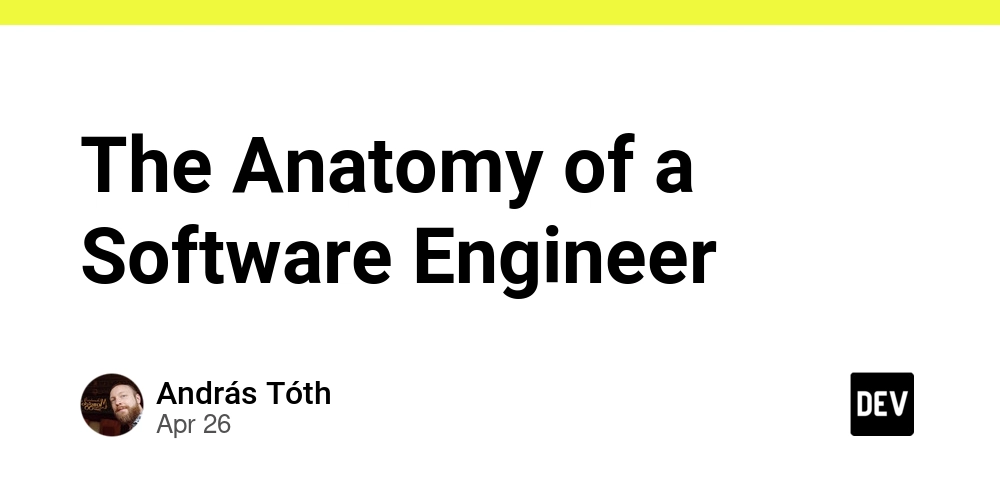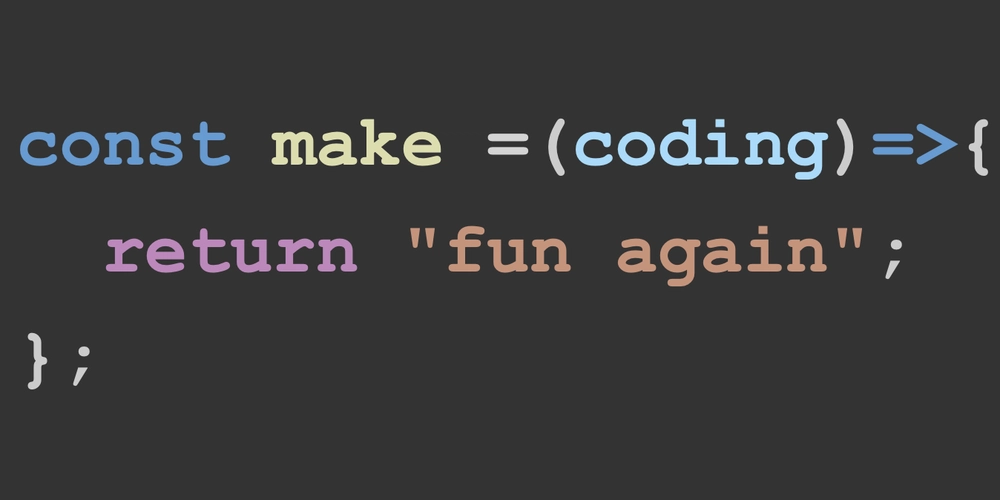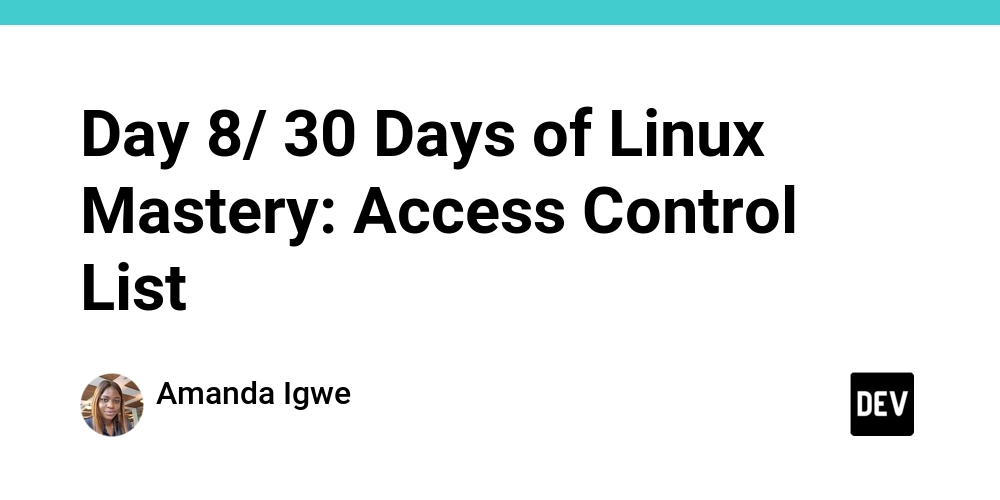
Software Engineer Expertise: Maximizing Productivity & Minimizing Rework
Software development goes beyond coding. It's about strategically combining different areas of expertise. This guide helps product managers, team leads, and engineering managers understand how to mix and match skills to boost team productivity.
We'll break down engineering knowledge into two categories: reusable and non-reusable, to clarify how different skills impact project success.
Non-Reusable Knowledge: The Devil's in the Details
"Non-reusable" knowledge is specific and nuanced. These skills don't translate easily between different environments or technologies. They are all about detail and gotchas
1. Programming Language Specifics: Syntax and Quirks
The syntax of one programming language rarely transfers directly to another, unless the languages are very similar. Transitioning from Java to C# is easier than from JavaScript to Rust. You must relearn keywords, rules, best practices, and package managers.
- Consider: The more different two languages are, the longer it will take an engineer to become productive in the new language.
- Example: The "this" keyword in JavaScript behaves differently than in many other languages. This understanding doesn't directly apply elsewhere.
2. Language Ecosystem Mastery: Packages and Modules
The ecosystem of a language—packages like React, Express.js, or SQLAlchemy—is crucial. This knowledge comes from experience and can't be easily learned from search engines.
Choosing the right input validation library requires specific ecosystem experience. Frameworks evolve, so even staying within the same language requires continuous learning.
- Consider: Experience with a language's ecosystem is invaluable and hard to replace. Don't underestimate its importance when staffing projects.
3. Operating Platform Gotchas: OS and Environment
Code doesn't exist in a vacuum. Operating systems and environments introduce platform-specific quirks. Understanding these nuances is critical for preventing unexpected issues.
- Examples:
- Older browsers may struggle with newer UTF encodings.
- Debugging Android crashes requires familiarity with logcat in Android Studio.
- Timestamps in virtual machines can be out of sync with real-world time.
These come from debugging through GitHub issues and asking for help.
- Consider: Platform expertise is a make-or-break factor for successful releases. Having platform experts on your team can prevent costly failures.
- Be wary of only bringing JavaScript engineers into React-Native projects, without any mobile development experience.
4. Invaluable Product/Domain Expertise: The Company Encyclopedia
Engineers who've worked on a product for years possess deep knowledge of the user base, their needs, and the codebase. They often become the "go-to" people for critical insights.
- Consider: Product and domain knowledge is critical for productivity. Protect this knowledge by avoiding arbitrary layoffs or frequent team reassignments.
- This cannot be readily obtained from ChatGPT or online forums!
Reusable Knowledge: Skills That Transcend Technologies
These are the skills and principles that software engineers carry with them from project to project.
1. Engineering Principles and Instinct: The Art of Good Code
Principles like clean coding, SOLID principles, design patterns, and avoiding overengineering are highly reusable.
A pure instinct develops over time from working many different codebases. It's knowing when your code is terrible or elegant.
- Tip: Apply those to new languages by knowing what to search for.
2. Problem Solving and Engineering Instinct: Seeing the Bigger Picture
Senior developers look at problems holistically. They anticipate potential clashes, consider UX, and spot scaling issues early on. The instinct of an experienced engineer can save time, money, and resources. They would know what to implement and what needs investigation.
3. Personal Productivity Management: Maximizing Output
This includes optimizing your IDE setup, organizing your day, and knowing your limits. It's about understanding when to push through a problem and when to take a break.
4. Communication Skills and Level Appropriate Solving: Solving the Right Facets of the Problem
A well-versed senior engineer would have team methodologies and problem-solving methods. By this point in their career, they will become excellent team players that know about many facets of a problem. If you are having a heated argument over something, it might be valuable to ask the legal team if it is even legal to implement the feature.
Growing Lasting Knowledge: Invest in the Fundamentals
Focus on learning lasting basics like SQL, HTML, and CSS. Don't solely rely on trending technologies like ORMs, as they can become obsolete quickly.
- Consider: A team that only knows trending tech is a vulnerability. Make sure your team invests in timeless skills for software engineering.
Summary: Strategic Expertise for Productive Teams
Understanding the anatomy of a software engineer – the mix of reusable and non-reusable knowledge – is crucial for managers aiming to build high-performing teams. By strategically nurturing expertise and avoiding common pitfalls, you can unlock true productivity and drive lasting success.























